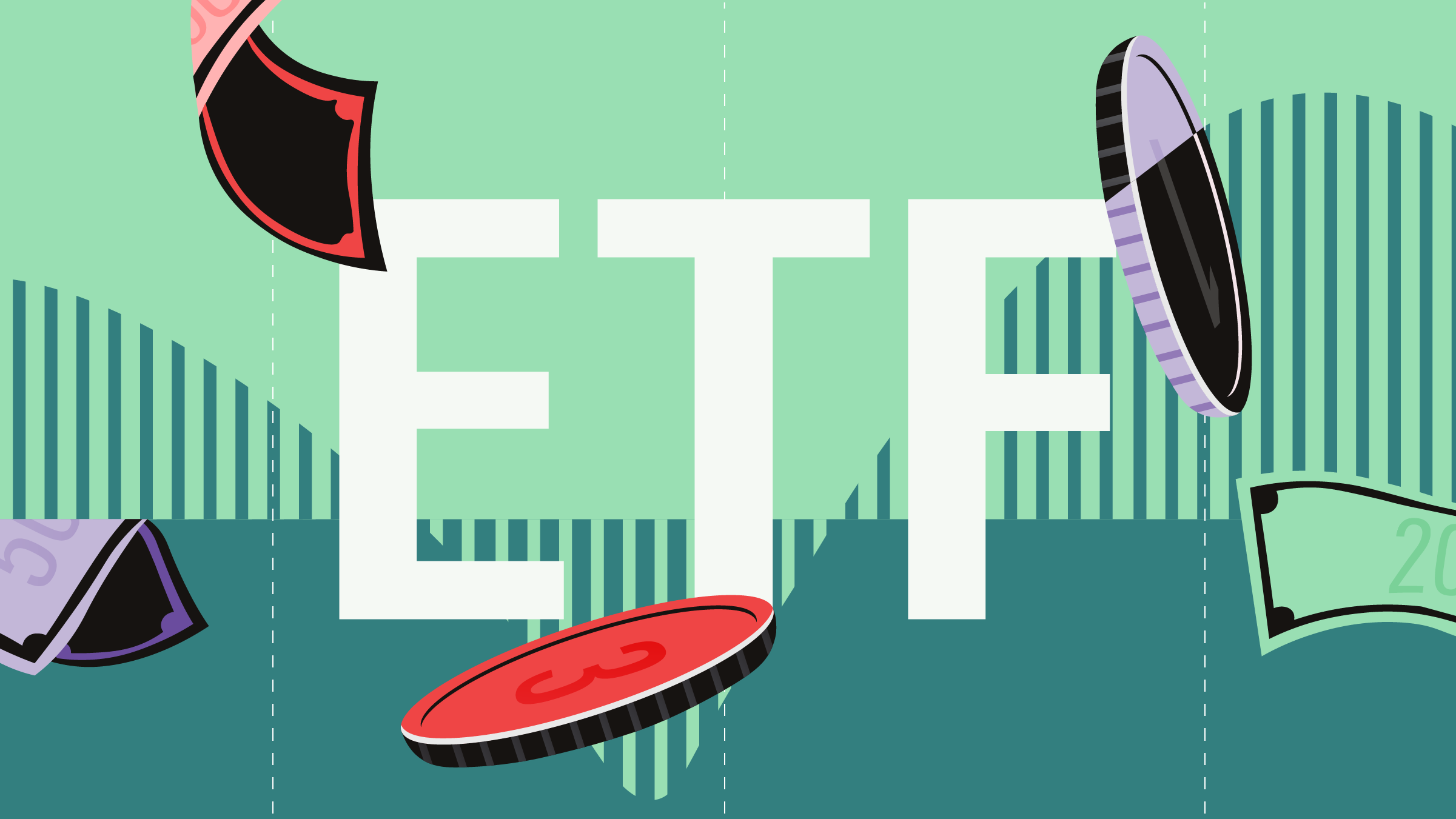Target-risk fund-of-fund solutions on offer from the banks, insurance companies and independent asset managers are becoming the way for individuals to save for retirement. Flows into these mutual funds continue to outpace flows into stand-alone stock and bond funds by a wide margin. We recently spent a good chunk of time researching some of the biggest and most influential offerings in the marketplace, and one of the main takeaways from our work is that these funds are expensive. The average management-expense ratio of a commission-based target-risk fund of funds in Canada weighs in at 2.3%. This fee hurdle is substantial and, given this, it's not surprising that most have underperformed their benchmarks.
Low cost, then, is an important consideration. Two fund series that we rate positively are well-positioned on this front. First, the Bronze-rated BlackRock Strategic Portfolio Series is one of the lowest-cost options out there. They are made up entirely of iShares ETFs, so you're not receiving active security selection, but you still benefit from BlackRock's asset allocation resources and experience. These BlackRock portfolios cost, on average, 1.6%, giving them a built-in 0.7 percentage point advantage over the average target-risk fund.
A second option is the Bronze-rated RBC Select portfolios. RBC is the largest provider, by assets, of target-risk mutual funds in Canada. They've used this scale to keep the cost of their funds, which average 1.9%, below most of its peers. The series also benefits from a generally strong line-up of underlying active funds from RBC and PH&N.
Overall, there are a good number of capable managers with sophisticated target-risk approaches to choose from, but be skeptical, especially if they're charging around or above the average price of 2.3%.
For Morningstar, I'm Jeff Bunce.


















